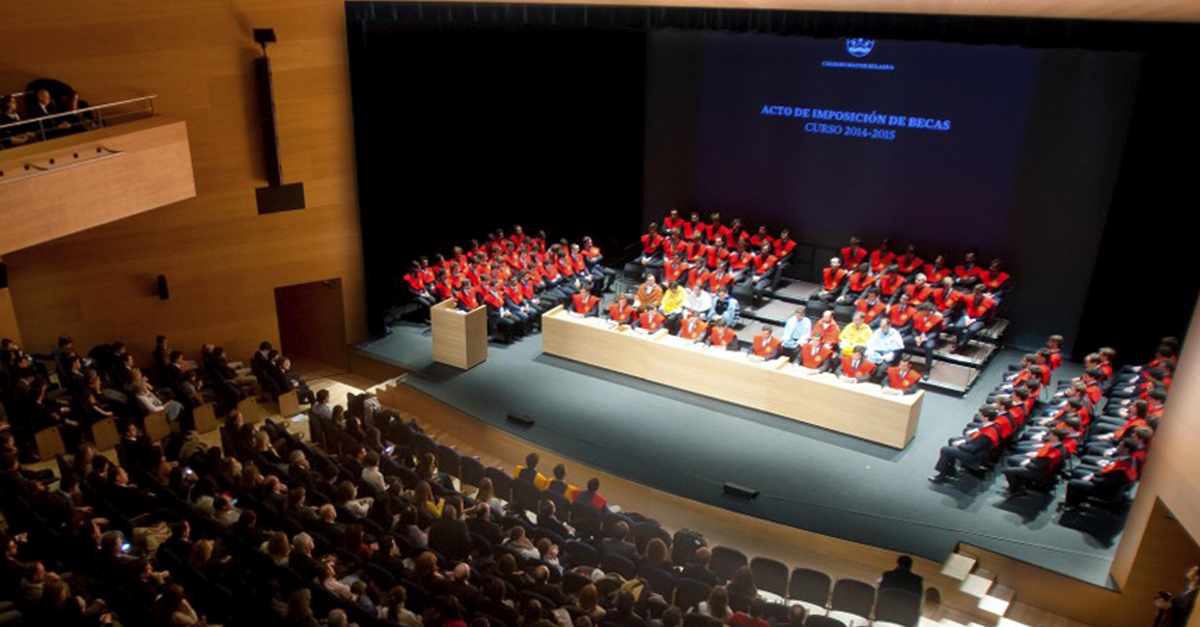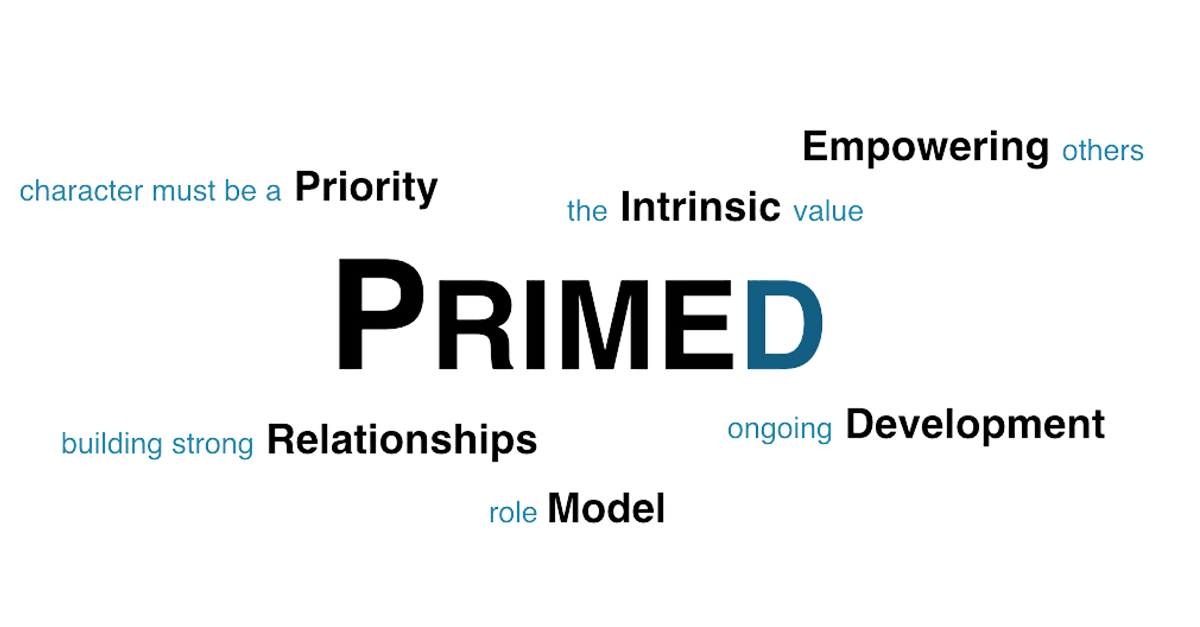Project team


Juan P. Dabdoub (PI)
University of Navarra

Aitor R. Salaverría
University of Navarra

Miroslava Duránkova
Collegium Anton Neuwirth

Marvin W Berkowitz
University of Missouri-St. Louis

Clark Power
University of Notre Dame

Concepción Naval
University of Navarra
Why are we doing this?

In recent years, several initiatives have attempted to integrate character and moral education in universities. Higher education residential centers may be an ideal setting to promote the moral and character development of students. However, studies, guides, or programs with this perspective are scarce or nonexistent for this context.
This project gathers experts from the Just Community approach, the PRIMED model, and veteran directors of higher education residential centers to elaborate a guide to re-design these communities to promote the moral/character development of students, with a particular focus on collaborative governance practices.
The goals of this project are:

Link theory & practice
Link prominent moral and character development theories with the practice of collaborative governance in higher education residential centers.

International dialogue
Foster an international dialogue between practitioners in higher education residential centers and experts from the fields of moral and character education.

Online resources
Design and disseminate online resources to help practitioners enhance the design, implementation, and assessment of moral/character education practices and strategies.

Key elements of this project

Higher education
residential centers



Universities usually offer diverse residential settings for students that move to a new city to go to college. Some of these residential centers not only aim to provide basic housing needs, but also to create a kind of community in which students can flourish. These centers have diverse names around the world: Residence Halls in the United States, Colleges in the United Kingdom, Colegios Mayores in Spain, Collegi di merito in Italy, Szakkollégium in Hungary, Kolégium in Slovakia, or Résidences universitaires in France, among others. We believe that higher education residential communities can be an ideal context to foster character development if they are strategically and intentionally designed to do so.
Collaborative
governance


Collaborative governance in a higher education residential center consists of students participating and engaging in the design and management of their community life. This can be done through consultation, deliberation, and/or decision-making, assuming diverse leadership roles, management tasks and/or other responsibilities to serve the mission and values of their community and contribute to its common good.
The Just Community
approach


The Just Community approach represents Kohlberg's most mature theory of moral education and has been the subject of intense research since 1975. Although Kohlberg initially recommended the discussion of moral dilemmas as a means of promoting moral development, he envisaged a far more radical and comprehensive approach. Inspired by a kibbutz school that successfully combined democratic and collectivist values, Kohlberg and his colleagues initiated a series of experimental Programs in public high schools. Evaluation of these Programs indicates that they establish cultures conducive to the development of moral reasoning and action.
The PRIMED
model


PRIMED is the acronym for six fundamental design principles that integrate 42 character education effective practices and strategies identified in studies, reviews, and meta-analyses from the last quarter of a century: Prioritization, Relationships, Intrinsic motivation, Modeling, Empowerment, and Developmental pedagogy. Effective means that these practices are supported by scientific evidence, including statistical tests of the significance of their impact in character development. Rather than specific practices or strategies, these principles are six reminders of what should be considered to design each practice and strategy to effectively impact character development.







